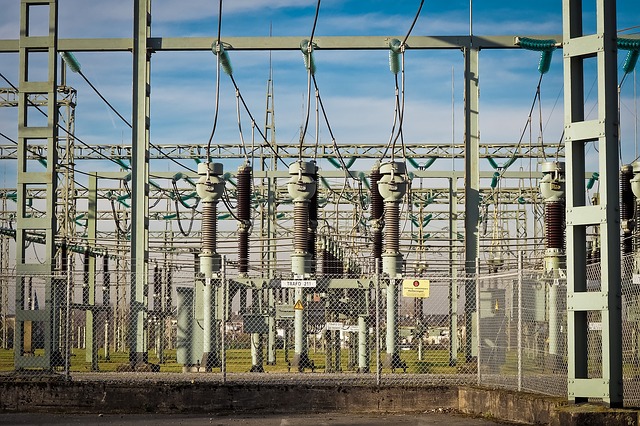NEA tells electric cooperatives to step up their game
- April 18, 2018
- 0

NEA administrator Edgardo Masongsong said that ECs need to prove that they are operationally efficient.
“We need to make the ECs excellently performing because there are several threats facing our [sector],” he said.
“On the other hand, our national movement has been working hard to show our political leaders and the private sector that we are excellently performing so we need to strengthen our movement,” Masongsong said.
The threat the NEA official was referring to the review of the energy department for possible operations of third-party power providers
The country looks to be 100 percent electrified by 2022.
Masongsong has called on the fast-tracking of different projects like the creation of a national headquarters, a savings bank, and a foundation that will answer to the needs of all community-owned distribution utilities in times of distress.
“While we are not praying for calamities to happen, even as it almost seems to be the new normal now, I think having a One EC Network Task Force Kapatiran Foundation to readily assist disaster-stricken power co-ops [will serve our communities well],” Masongsong said.
He added that the Philippine Rural Electric Cooperatives Association Inc. (Philreca), Philippine Federation of Electric Cooperatives (Philfeco) and other allied EC organizations across the country are expected to support this endeavor.
In earlier reports, different EC groups expressed concern over DOE’s plan in letting in third-party electricity providers in their franchise area.
Philreaca and Philfeco appealed against the widespread misconception that power co-ops are ineffective.
In a joint statement, the group cited official data stating that only eight percent out of 121 ECs in the country are considered problematic.